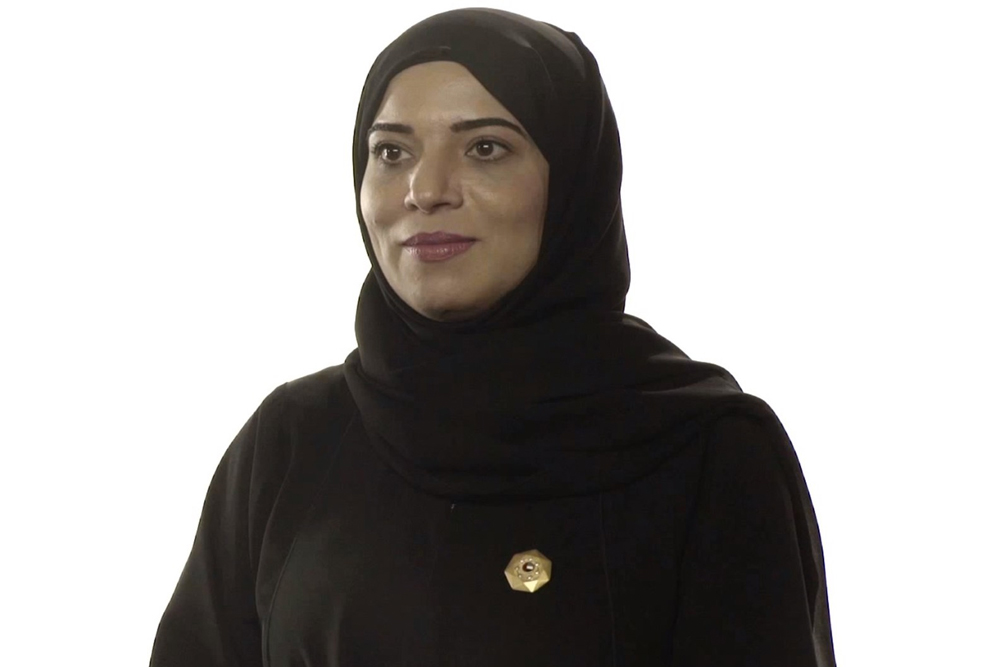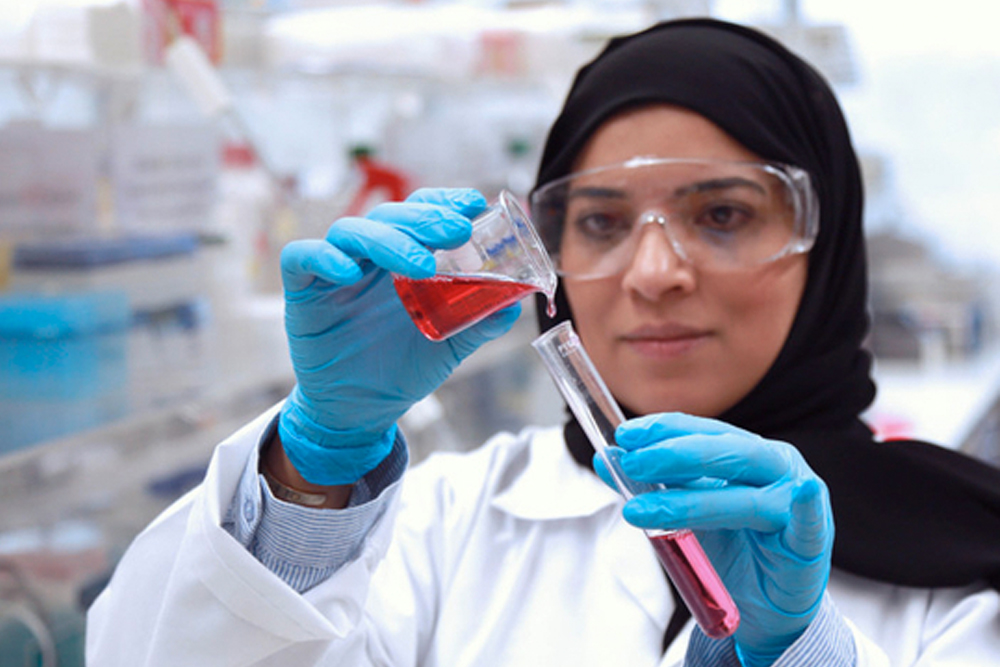
Dr. Habiba Sayeed Alsafar is a trailblazer with many accolades and accomplishments under her belt. She is a fellow academic at Khalifa University, in the United Arab Emirates (UAE), where she works as assistant professor at the department of genetic and molecular biology. She is also an accredited geneticist and biomedical engineer, and the first Emirati woman to discover genes linked to type 2 diabetes unique to the country's Bedouin population.

As a child filled with curiosity, Dr. Alsafar had always wanted to become a scientist and, with the support of her parents, she would go on to pursue further education centered on biochemistry, medical engineering, and forensics. In 2002, she obtained a BSc in Biochemistry at San Diego State University, in the United States. By the following year, this was followed with a Master’s of Science in Biomedical/Medical Engineering at University of Liverpool, in the United Kingdom and, in 2010, a PhD in Medical and Forensic Science at University of Western Australia (UWA).

As a student at UWA, in fact, Dr. Alsafar's research led to a monumental find. In 2011, she carried out the first and largest genome-wide association study on UAE's Bedouin population, and made a journal on genetic structures linked to major diseases that were prevalent amongst indigenous Emiratis. This was part of her PhD thesis for which she was credited for establishing the Emirates Family Registry bio-bank, which received DNA samples from over 26,000 volunteers. In fact, this led to the discovery of genetic risk factors associated with type 2 diabetes, which were considered unique to UAE's Bedouin population.
Of course, since returning to the UAE, Dr. Alsafar has received accolades for her research. In 2014, she was given the UAE First Honor medal by His Highness Shaikh Mohammad Bin Rashid Al Maktoum, ruler of Dubai, and Emirates International Award of Genetic Diseases Prevention that same year. In addition, she was awarded the International L'Oréal-UNESCO Fellowship for Women in Science in 2015, and became a two-time Al Jalila Foundation research grant recipient.

Since 2011, Dr. Alsafar has been working for Khalifa University as assistant professor, and executive director of the biotechnology department. In 2016, she became a member of the UAE Science Council and, in 2019, a member of Dubai's Future Council on Health & Wellbeing. Prior, however, she started her career in 2003 as forensics expert, working for Dubai Police General Headquarter for over seven years before joining Khalifa University.

















